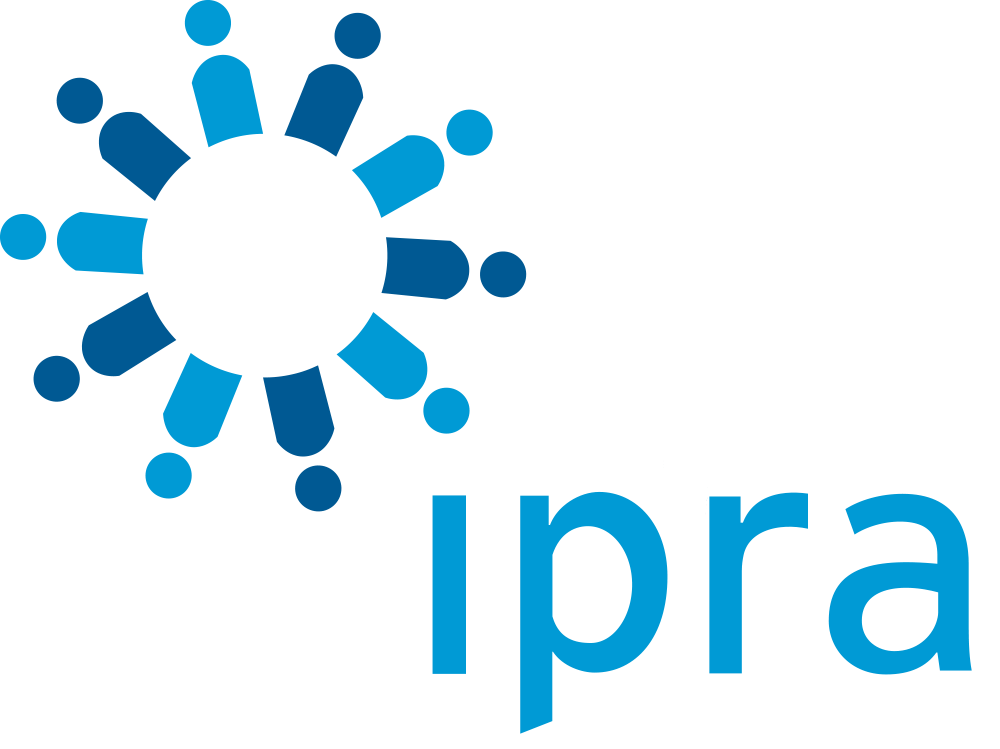ITL #630 Rewriting the PR playbook: what Gen Z employees and consumers are teaching us in Asia
8 months, 3 weeks ago
Gen Zs will hold companies accountable for what they say and even more so, for what they don’t say. By Samantha Strauss.
In Asia, the emergence of Gen Z is not just reshaping the marketplace, it’s rewriting the rules of internal communications, brand storytelling, and corporate reputation. As a generation born into digital fluency, cultural complexity, and existential challenges, their expectations are transforming how in-house communications should operate.
In my role as a communications lead across Asia Pacific, I have observed how this rising generation is challenging conventions, inspiring change, and demanding new levels of authenticity and agility from the organisations they engage with, both as employees and as consumers.
At McCann Worldgroup, we’ve been studying and engaging with this audience through our long-running global insights study, the Truth About Youth. In the past eight months alone in Asia, we’ve hosted immersive events in Thailand, China, and Japan, diving into the mindset of Gen Z across vastly different cultural contexts. We’ve discovered what unites them isn’t just their age, it’s a shared hunger for truth, transparency, and purpose.
From messaging to meaning
Gen Z is forcing a shift in how we communicate internally (to engage this cohort as employees) and externally (to address their needs as consumers), from corporate messaging to genuine meaning. They don’t just want to know what your company says it stands for, they want proof in action.
The Truth About Youth study reveals that 82% of Gen Zs surveyed globally believe “my generation has the power to influence a brand's actions and behaviours for the better”. This is especially acute inside companies, where younger employees want their work environments to reflect their personal values. As a result, internal communications teams are increasingly becoming stewards of culture, not just conduits of information.
Additionally, managers of Gen Zs need to focus on building trust, fostering autonomy, providing clear communication, offering regular feedback, and creating a supportive work environment that values their unique needs and preferences. This includes prioritising work-life balance, recognising achievements, and offering opportunities for learning and growth.
In particular, their demand for authenticity was a central theme in our McCann Worldgroup panel at AdFest this year, where we brought together next-generation female creative talent to share their wants from our industry (advertising/branding/creative services). The answers were clear: a rejection of outdated hierarchies, a desire for collaborative and emotionally intelligent leadership, and a deep craving for purpose-driven work.
This represents both a challenge and an opportunity for internal communications. It’s no longer enough to deliver top-down announcements. Communications practitioners must now build dialogue, encourage transparency, and become facilitators of trust across every layer of the organisation.
In markets like Japan, where traditional age-related hierarchy often dictates whose voices are heard, this kind of openness can be challenging. To help counter this dynamic and ensure our younger employees are meaningfully included, we’ve introduced youth councils within our network. These councils create formal channels for Gen Z talent to contribute ideas, feedback, and cultural insight directly to leadership. It’s a structural commitment to listening and it helps bridge generational gaps in a way that feels authentic, not performative.
Emphasis on accountability
One of the most distinctive traits of Gen Z is their expectation of immediacy. They’re used to real-time feedback loops, and they bring that into their professional lives. This creates an interesting tension in corporate settings, where reputational risk and legal considerations often slow communication down. Yet in the absence of fast, clear communication, narratives fill the vacuum, sometimes with misinformation or mistrust.
Gen Zs will hold companies accountable for what they say and even more so, for what they don’t say. Silence is no longer neutral; it’s interpreted. From climate action to workplace well-being, today’s youth want to see brands take positions that align with their values and back them up with measurable action.
Younger generations aren’t expecting perfection from brands or employers, but they are demanding honesty and progress. They want to see vulnerability, learning, and evolution, not polished perfection or evasive spin.
From an external communications lens, it’s worth investing the time to get this right. Gen Z’s purchasing power alone is an estimated $360 billion that is only expected to grow, and they have a 1.5x higher brand awareness and loyalty compared to other generations.
Internal voices with external impact
Gen Z doesn’t differentiate between internal and external brand experiences. They’ll post about work culture, leadership missteps, or brand hypocrisies in a heartbeat, often becoming amplifiers of your brand story (or scandal) without any filter. This means in-house communications must now consider every employee a potential storyteller.
Rather than see this as a threat, progressive brands should embrace it, equipping internal advocates with clear narratives, authentic purpose, and platforms to share their voices. Done right, employee storytelling can build trust more effectively than any press release or polished campaign.
But this demands that we, as communicators, trust our people. That’s not always easy in regions where hierarchy, deference, or cultural restraint may dominate. The key is not control, but clarity: giving employees the tools, messages, and confidence to speak truthfully and responsibly about their workplace experiences.
Platforms like LinkedIn are the perfect place for employees to act as brand ambassadors, with LinkedIn research finding that, on average, employees have a network that is 10 times larger than their company’s follower base. Content also has 2x higher engagement when shared by employees.
A call for braver, bolder comms
Gen Z has ushered in a new era, one that’s less about protecting the brand and more about living it, inside and out. For in-house PR and communications teams in Asia, this requires courage. The courage to speak plainly, to engage transparently and to let go of control in favour of connection.
The old playbook won’t serve us anymore. But if we’re willing to rewrite the rules, with Gen Z not just in mind, but at the table, we’ll build companies that are more trusted, more relevant, and more resilient in the long run.

The Author
Samantha Strauss
As Chief Communications Officer for McCann Worldgroup Asia Pacific, Samantha Strauss is responsible for both internal and external communications across 12 markets in the region. Based in Singapore, she fosters collaboration with key stakeholders to elevate McCann Worldgroup’s brand and reputation. Prior to joining McCann Worldgroup in 2016, Sam held the same regional communications role at fellow advertising agency network, BBDO.
mail the authorvisit the author's website
Forward, Post, Comment | #IpraITL
We are keen for our IPRA Thought Leadership essays to stimulate debate. With that objective in mind, we encourage readers to participate in and facilitate discussion. Please forward essay links to your industry contacts, post them to blogs, websites and social networking sites and above all give us your feedback via forums such as IPRA’s LinkedIn group. A new ITL essay is published on the IPRA website every week. Prospective ITL essay contributors should send a short synopsis to IPRA head of editorial content Rob Gray emailShare on Twitter Share on Facebook

